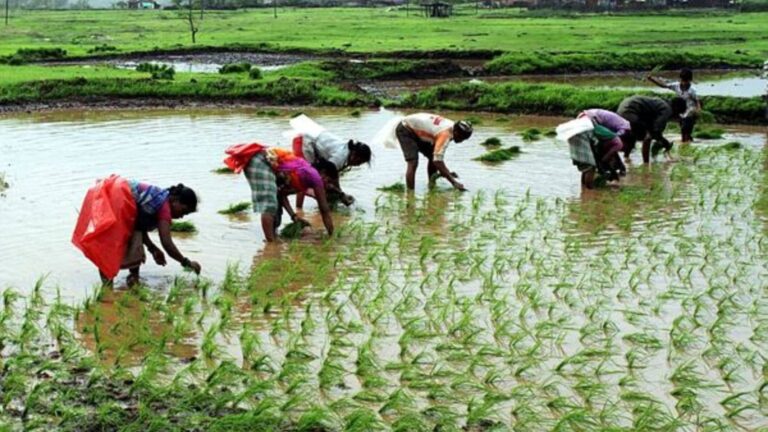
In a recent episode of the State of the Economy podcast, Businessline’s Subramani R Mancombu engages in a thought-provoking discussion with Ashish Dobhal, CEO of UPL SAS. The conversation centers on the pivotal role of climate-smart farming in mitigating climate change, enhancing agricultural resilience, and promoting sustainability.
Education, Awareness, and Collaboration
Dobhal emphasizes the crucial need for education and awareness in the agricultural sector. He asserts that informed farmers are better equipped to adopt sustainable practices. Collaboration among stakeholders, including governments, agricultural businesses, and local communities, is essential to disseminate knowledge and implement effective strategies.
“Education and awareness are the foundations upon which we can build a more sustainable future in agriculture,” says Dobhal. “By working together, we can drive the change needed to combat climate change and ensure food security.”
Scaling Up Climate-Smart Farming
The discussion highlights various opportunities for scaling up climate-smart farming. Dobhal points to successful real-world examples where these practices have been implemented with remarkable results. For instance, certain regions have adopted integrated pest management and precision farming techniques, significantly reducing environmental impact while maintaining high productivity.
“Scaling up these initiatives is not just possible but necessary,” Dobhal notes. “We have seen substantial improvements in yield and sustainability where climate-smart practices are adopted. It’s about replicating these successes on a broader scale.”
Addressing Climate Change and Food Security
A major focus of the podcast is the intersection of climate change and food security. Dobhal outlines several innovative solutions that can be integrated into farming to address these challenges. These include advanced irrigation systems, drought-resistant crop varieties, and soil management techniques that improve carbon sequestration.
“Climate-smart farming practices not only help in reducing greenhouse gas emissions but also improve the resilience of crops to extreme weather conditions,” explains Dobhal. “This dual benefit is key to securing our food supply in the face of climate change.”
Advocating for Sustainable Practices
The discussion concludes with a strong advocacy for climate-smart practices that reduce methane emissions and enhance soil moisture retention. These practices, Dobhal argues, are vital for creating a resilient and sustainable agricultural future.
“Reducing methane emissions and improving soil health are critical components of climate-smart agriculture,” Dobhal emphasizes. “By adopting these practices, we can create a more sustainable and secure food system that benefits everyone.”
In summary, the podcast underscores the transformative potential of climate-smart agriculture in addressing the twin challenges of climate change and food security. Through education, collaboration, and the scaling up of successful initiatives, climate-smart farming offers a promising path towards a more sustainable future for agriculture and the planet.






